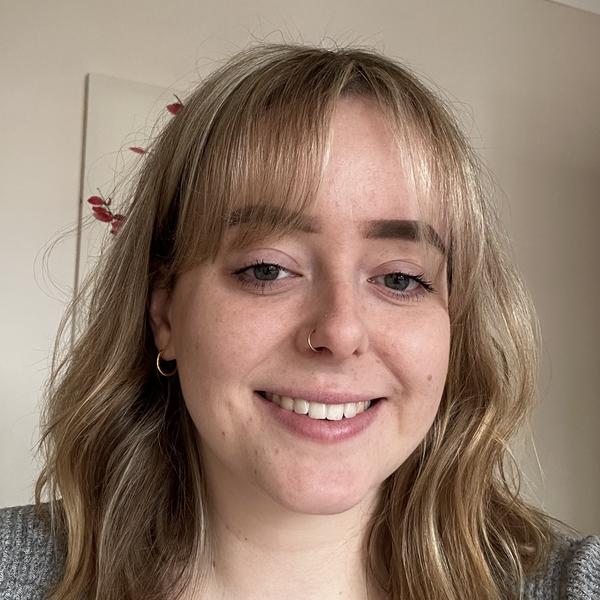Dr Sophie Whittle
School of History, Philosophy and Digital Humanities
Research Associate


- Profile
-
Sophie is a Research Associate at the Digital Humanities Institute (DHI), responsible for developing and supporting the DHI’s strategic research theme, Machine-Assisted Scholarly Editing, which sets out to advance the state of the art in digital scholarly editing methods and practices.
As part of her work for the theme, she is also a Research Associate on the , responsible for developing a prototype online teaching edition of Geoffrey Chaucer’s Pardoner’s Prologue and Tale using machine assisted methods.
- Research interests
-
Sophie completed a PhD in historical linguistics at 91̽»¨, which explores explanations for change in the language structure ‘verb second’ in Middle English. She uses quantitative corpus-based methods to calculate the frequency of the structure in Middle English texts, paired with textual analysis of factors related to dialect, provenance, and genre/type. She also investigates Geoffrey Chaucer’s usage of the phenomenon in his prose works, and demonstrates how the structure of rhetoric and argumentation can influence the use of V2 in specific texts. Her research interests generally lie at the intersection of historical syntax and language acquisition, and more specifically, how learners can drive change in a community following periods of language contact.
- Teaching activities
-
Sophie has taught on modules in the history of English, historical pragmatics, research methods and syntax. She has coordinated interdisciplinary workshops on centring anti-racist research in the linguistics curriculum, inviting speakers from across the globe to present their research on the pragmatics of postcolonial communities, language and culture sharing, and human rights, and has since become a member of the Linguistic Association of Great Britain’s . She is also an organiser at the , and has recently contributed to the creation of a digital archive named Women in Lockdown, a project that houses women’s stories and experiences of the pandemic via oral history, testimony, diary entries, and artwork submissions.
